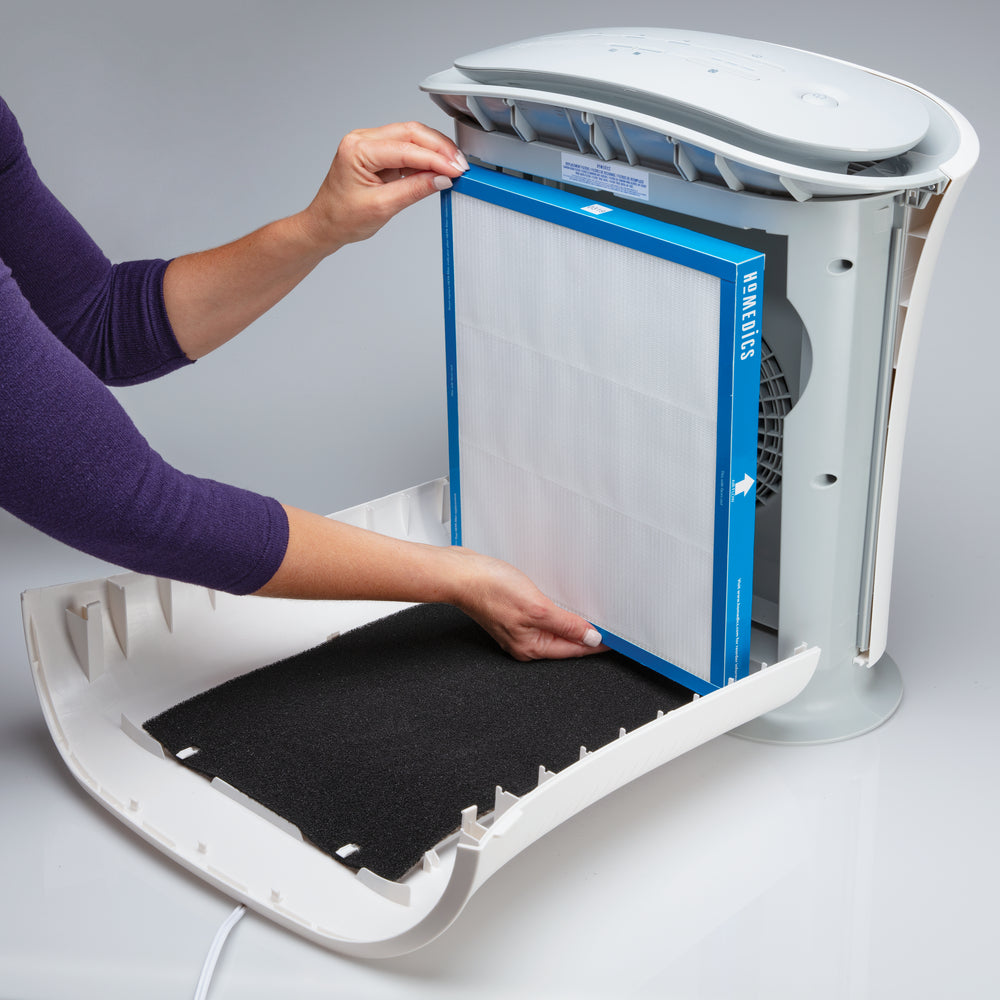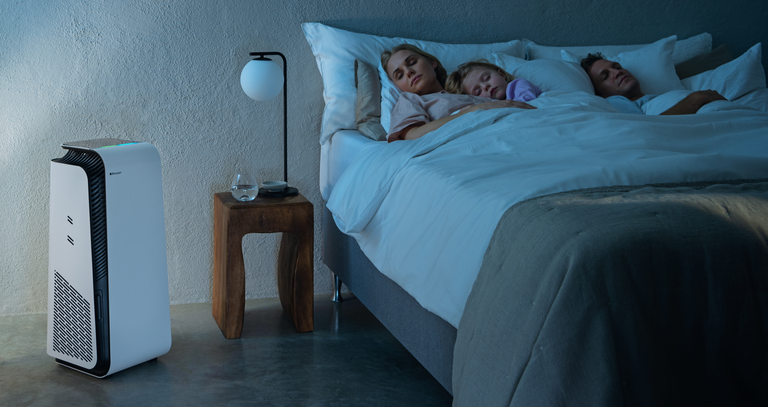Featured
Table of Contents
- – Comprehending Allergic Reactions and Triggers
- – Can Air Purifiers Aid with Allergies?
- – The Scientific Research Behind Air Purifiers ...
- – Are Air Purifiers Right for You? Variables to...
- – Maximizing Air Purifiers for Allergies
- – Beyond Air Purifiers: A Multi-Pronged Approach...
- – Living a Breath Easier Life with Allergies
:strip_icc()/best-air-purifiers-tested-lead-tout-2-2fe4d06c48f44183a138424245f6dee0.jpg)
Air purifiers are usually proclaimed as a remedy, appealing cleaner air and relief from allergy signs. Are air cleansers really worth the investment for allergy patients?
Comprehending Allergic Reactions and Triggers
To understand the duty of air cleansers, allow's first explore allergies and their triggers:
- The Sensitive Action: Allergies take place when your immune system overreacts to a safe compound, like pollen or allergen. This response causes the launch of histamines, triggering allergy symptoms like sneezing, coughing, itchy eyes, and a runny nose.
- Typical Irritants: Indoor irritants include dirt termites, animal dander, mold and mildew spores, pollen that drifts inside, and even cockroach allergens. These air-borne particles can irritate your respiratory tracts and cause allergy signs.
Can Air Purifiers Aid with Allergies?
Air cleansers work by attracting in air, filtering system out toxins, and launching cleaner air back right into the space. Below's how they can possibly benefit allergic reaction patients:
- Trapping Irritants: HEPA (High-Efficiency Particulate Air) filters, a common type made use of in air cleansers, are extremely effective at catching air-borne allergens like allergen, pet dander, and pollen. By eliminating these triggers from the air you take a breath, air purifiers can help decrease allergy symptoms.
- Improved Air High Quality: Air cleansers can also remove various other toxic irritants from the air, such as smoke, dirt, and unstable natural substances (VOCs) This total renovation in air top quality can be advantageous for allergy patients that are delicate to these additional triggers.
The Scientific Research Behind Air Purifiers and Allergies
Researches have shown that air purifiers can be helpful in decreasing allergy signs and symptoms. Here's a look at some key research study findings:
- A 2019 testimonial published in the journal "Current Allergic reaction and Asthma Records" wrapped up that air cleansers with HEPA filters can be efficient in minimizing allergy symptoms and enhancing lifestyle for people with hay fever (hay high temperature)
- A 2018 research published in the journal "Record of Allergic Reaction, Bronchial Asthma & Immunology" found that using an air purifier with a HEPA filter in the room substantially minimized allergen irritant degrees and improved sleep top quality in individuals with asthma.
However, it is necessary to note that research additionally recommends some restrictions:
- Air Purifier Insurance Coverage: Air cleansers are most reliable in the space where they are positioned. Their effect on allergens in other components of your house could be minimal.
- Seriousness of Allergies: While air cleansers can aid, they could not be a total option for extreme allergic reactions. Drugs and other allergic reaction monitoring techniques may still be necessary.
Are Air Purifiers Right for You? Variables to Take Into Consideration
Here are some essential elements to consider when deciding if an air purifier deserves it for your allergies:
- Severity of Allergies: If your allergies are mild and well-controlled with medicine, an air purifier could not be required. For those with moderate to extreme allergies, an air purifier can be a beneficial tool in taking care of signs and symptoms.
- Kinds of Irritants: Consider the primary triggers for your allergic reactions. Air purifiers are most reliable for airborne allergens like allergen, animal dander, and plant pollen. They might not be as helpful for irritants like mold and mildew that grow on surface areas.
- Way of life and Atmosphere: If you have pet dogs, reside in an area with high pollen counts, or have issues regarding indoor air top quality, an air purifier can be beneficial.

Maximizing Air Purifiers for Allergies
If you make a decision to buy an air purifier for allergies, right here are some pointers for optimizing its effectiveness:
- Select a HEPA Filter: Try to find an air purifier with a HEPA filter certified to record particles as tiny as 0.3 microns.
- Right Size for the Area: Make sure the air purifier has a Clean Air Delivery Price (CADR) that is appropriate for the size of the room you intend to use it in.
- Positioning Issues: Place the air purifier in the space where you invest the most time, such as your bed room.
- Routine Filter Upkeep: Change HEPA filters according to the producer's instructions to keep optimum performance.
- Integrate with Various Other Strategies: Air purifiers are not a one-size-fits-all remedy. Combine them with various other allergy management methods like medication, normal cleaning, and allergen-proof bed linen.
Beyond Air Purifiers: A Multi-Pronged Approach to Allergy Management

While air purifiers can be a beneficial device in your allergy toolbox, they are not a magic bullet (If you're looking to buy an Air Purifier then Air Cleaners Australia is the best destination.). A comprehensive strategy that incorporates air purification with other techniques is essential to attaining long-term allergic reaction alleviation. Below are some extra techniques to take into consideration:
- Medication: Antihistamines, decongestants, and nasal corticosteroids, prescribed by your physician, can efficiently take care of allergic reaction signs and symptoms.
- Allergic Reaction Testing and Immunotherapy: Recognizing your particular allergens via allergic reaction screening can lead the means for immunotherapy, a treatment that aids desensitize your immune system to irritants with time.
- Air High Quality Management: Regular cleansing with a HEPA-filtered vacuum and allergen-specific cleansing products can substantially minimize allergen, animal dander, and other irritants in your home.
- Managing Humidity: Mold and mildew flourishes in damp atmospheres. Making use of a dehumidifier can aid manage humidity levels and prevent mold development, a typical interior allergen.
- Way of living Adjustments: If you have hatreds plant pollen, remaining inside during peak plant pollen seasons and showering after hanging out outdoors can assist lessen exposure.
- Bed linens and Surfaces: Enclosing cushions and bed mattress in allergen-proof covers can significantly decrease dirt mite direct exposure. Regularly cleaning bed linen in warm water assists remove irritants.
Living a Breath Easier Life with Allergies
Bear in mind, taking care of allergic reactions is a constant process. By comprehending your triggers, applying a multi-pronged method, and possibly including an air purifier right into your method, you can dramatically decrease allergy symptoms and breathe less complicated.
Extra Considerations:
- Consulting a Doctor: If your allergies are serious or not well-controlled with medication and lifestyle modifications, consult a specialist for tailored recommendations.
- Air Quality Monitoring: Consider using an air quality display to track allergen levels in your home and readjust your management approaches appropriately.
- Long-Term Financial investment: A high quality air purifier can be a long-lasting financial investment in your wellness and health.
By taking a proactive method and adopting a mix of these approaches, you can produce a healthier and allergy-friendly environment, enabling you to take pleasure in a breath less complicated life.
Table of Contents
- – Comprehending Allergic Reactions and Triggers
- – Can Air Purifiers Aid with Allergies?
- – The Scientific Research Behind Air Purifiers ...
- – Are Air Purifiers Right for You? Variables to...
- – Maximizing Air Purifiers for Allergies
- – Beyond Air Purifiers: A Multi-Pronged Approach...
- – Living a Breath Easier Life with Allergies
Latest Posts
Comprehending the Transition: Why sydney is Phasing Out Gas
Understanding the Transition: Why Lane Cove is Phasing Out Gas
Rumored Buzz on Is Dishwashing Yeti Ramblers Recommended?
More
Latest Posts
Comprehending the Transition: Why sydney is Phasing Out Gas
Understanding the Transition: Why Lane Cove is Phasing Out Gas
Rumored Buzz on Is Dishwashing Yeti Ramblers Recommended?